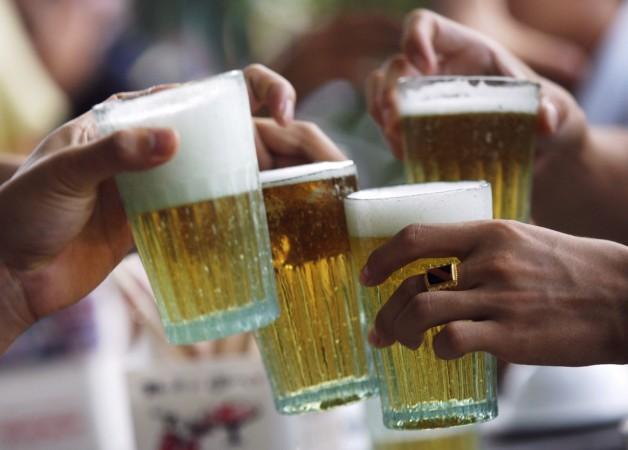
The Madhya Pradesh government might soon go the way of Gujarat and Bihar in banning liquor, if its recent excise policy is to be noted. The government, it seems, wants to analyse the number of frequent drinkers and has asked liquor shops to keep a list of names of frequent buyers.
How the shops are going to maintain an empirical list of people who turn up often has not been told to the shops. The list will not be publicly displayed, Finance Minister Jayant Malaiya told The Indian Express.
"It's easy to identify those who turn up daily. The information will be used to find out if they need de-addiction treatment,'' he said.
Apart from the list, the government also wants statutory warning on bottles that say "consumption is injurious to health", chapters in the school curriculum against alcohol consumption and no liquor-related advertisements on tv channels. The state cabinet approved these measures in Madhya Pradesh's excise policy for 2017-18 on Monday.
Earlier, the government had said that no new liquor shop or distillery would be given licence to set up shop. Licences of Indian Made Foreign Liquor (IMFL) and country liquor shops within 5 km of banks of the Narmada will not be renewed after expiration.
In its drive against alcohol consumption, the government will also begin an awareness campaign, organise yoga and meditation therapy centres and cancel driving licences of third-time drunk driving offenders.
The government is looking to make Madhya Pradesh a dry state in the future.
"The state government has sent a team of police officials to Gujarat and Bihar to study the impact of total prohibition on the crime rate. Based on the team's findings, the political leadership may take a call on prohibition in the state,'' said a state official.
Prohibition, according to Malaiya, is nowhere on the cards until 2018 at least.
The government will be providing alternative locations to shop owners on highways after the Supreme Court ruled that liquor shops within 500 m of highways should be shut.
"The Supreme Court ruling will affect 1,427 shops. It's difficult to quantify the exact losses, but the order will have a huge impact on excise collection. It's a challenge for us,'' said an official.









!['Had denied Housefull franchise as they wanted me to wear a bikini': Tia Bajpai on turning down bold scripts [Exclusive]](https://data1.ibtimes.co.in/en/full/806605/had-denied-housefull-franchise-they-wanted-me-wear-bikini-tia-bajpai-turning-down-bold.png?w=220&h=138)



